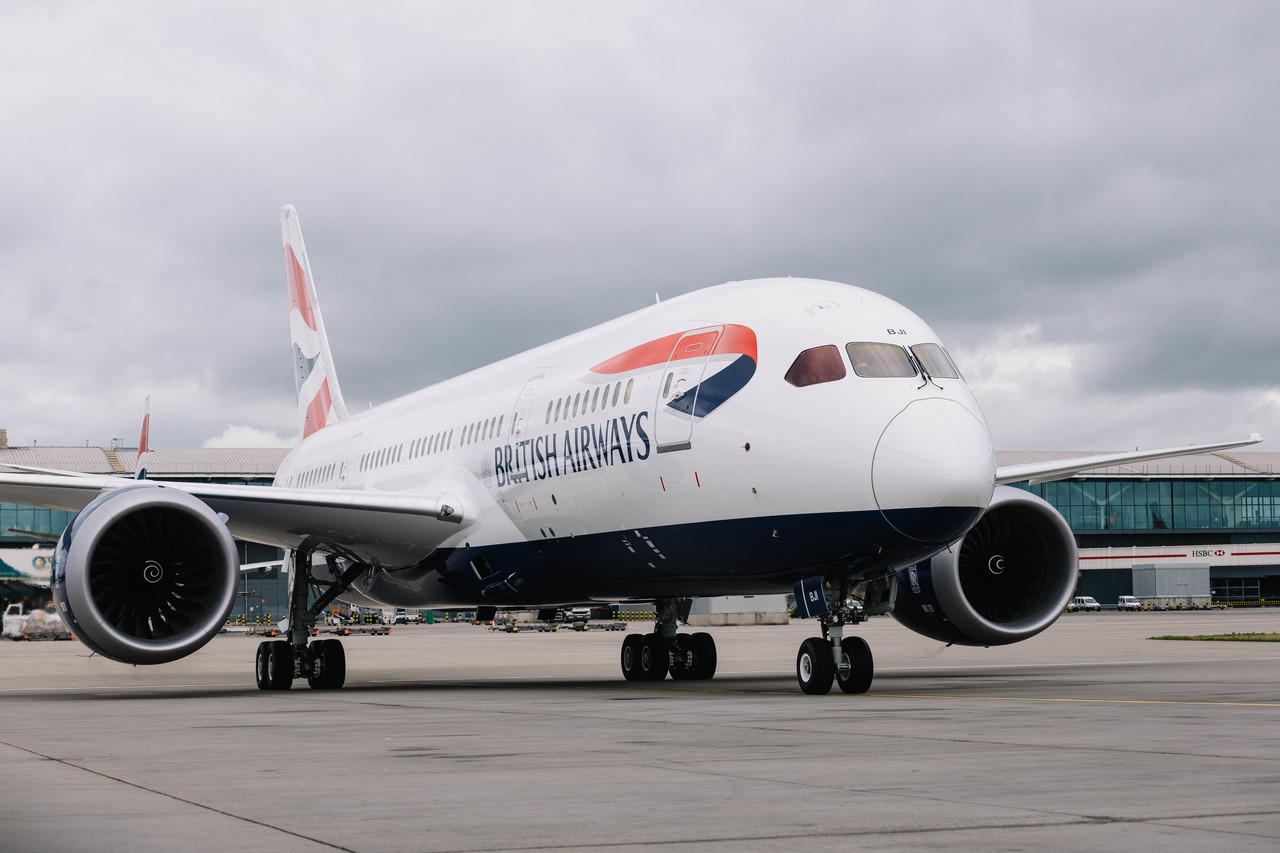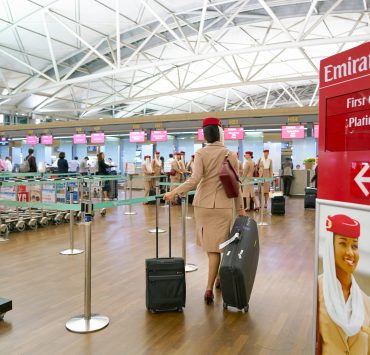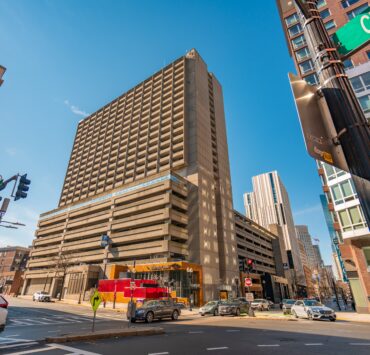
U.S. regulators have slapped British Airways with a $135,000 fine over a 2017 tarmac delay which left 185 passengers on a scheduled flight from Austin Bergstrom International Airport to London Heathrow trapped onboard the plane waiting for the flight to depart for more than four hours.
The incident unfolded on December 7, 2017, when Austin was suffering a particularly cold winter snap and which meant that aircraft needed to be deiced before departing the city.
At the time, the outsourced ground handler that British Airways used in Austin only had one de-icing truck capable of spraying the British Airways-operated Boeing 787 Dreamliner that was used on the airline’s Austin to Heathrow route.
Passengers were allowed to board the plane as normal, and after the pilots taxied away from the gate, the deicing process quickly got underway. But before the aircraft could be fully de-iced, the truck ran dry of de-icing fluid and had to leave to get refilled.
More than three hours passed while the one de-icing truck capable of de-icing the Dreamliner was refilled and returned to the tarmac, but the Captain believed that the de-icing process could be swiftly concluded.
Unfortunately, the pilot didn’t seemingly account for the lack of de-icing experience in Austin and the process of spraying the aircraft tipped over the four hour delay mark.
U.S. law requires airlines to have contingency plans in place for lengthy tarmac delays, and in most cases, airlines are required to allow passengers the opportunity to deplane once the delay has hit a certain length.
In the case of domestic flights, the length of the tarmac delay is three hours and for international flights, a tarmac delay of four hours should trigger the opportunity to deplane.
British Airways flight BA190 was on its way just 15 minutes after the de-icing process was complete, but a lengthy investigation by the Department of Transportation’s Office of Aviation Consumer Protection concluded that BA had been responsible for a ‘serious’ breach of tarmac delay regulations.
The airline disputed the DOT’s findings and said the delay was both “reasonable and consistent with the objective of transporting the passengers to their desired destination”.
“British Airways recognizes that the second deicing was completed after the four-hour tarmac delay deadline but believes that the circumstances of this incident do not call for enforcement action,” a summary of the investigation continued.
One of the reasons the fine was so large was because regulators ruled that the violation was based on a per-passenger basis rather than a per-flight basis. British Airways disagreed with this way of calculating the fine but accepted the final order in order to avoid further litigation.
The airline said it looked after passengers during the lengthy tarmac, and cabin crew served food and drinks while they were waiting for the aircraft to be delayed.
The penalty will be halved if British Airways pays within the next six months.
Mateusz Maszczynski honed his skills as an international flight attendant at the most prominent airline in the Middle East and has been flying throughout the COVID-19 pandemic for a well-known European airline. Matt is passionate about the aviation industry and has become an expert in passenger experience and human-centric stories. Always keeping an ear close to the ground, Matt's industry insights, analysis and news coverage is frequently relied upon by some of the biggest names in journalism.










I’m not sure that $67,500 (the amount BA will pay) should be considered a “large” fine. The airline has delayed paying for 5 years, and the law calls out fines for tarmac delays up to $27,500 PER PASSENGER. Of course, the pax won’t receive any of this.